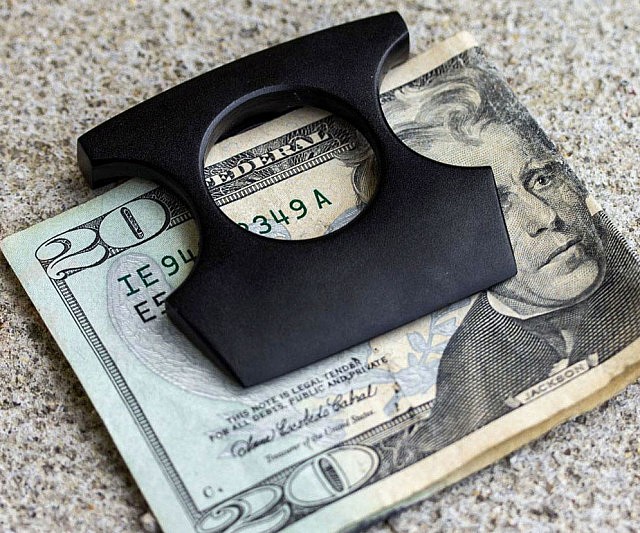Strong dollar, headache for local producers
A strong dollar is likely to weigh negatively on the Zimbabwe economy as locally-made products and services become expensive compared with major trading partners.
Local products will also face threats from imported products that have become cheaper due to currency weaknesses in source countries.
The greenback, the world’s reserve currency, is used to trade goods across countries, so changes in its value are felt around the world.
South Africa is Zimbabwe’s largest trading partner for both exports and imports. The southern African country is also a major tourist source country while many Zimbabweans work and live there sending remittances home.
In 2022, goods worth US$2,7 billion were exported to South Africa. At the same time, US$3,5 billion worth of goods were imported from the southern African country.
This is at a time the US dollar has been firming against major currencies in Africa, including the Rand.
As of yesterday, the US dollar had firmed 21.87 percent against the Rand trading at US$1:R18.63.
This means Zimbabwean products, including tourism offerings become expensive to South African consumers.
Reduced exports to South Africa and visits from South Africa is a threat to local companies’ revenues and jobs.
It is the same with increased imports from South Africa or any other country which is a threat to competitiveness of local products.
A good example is a loaf of white bread which costs R14.30 but costs R18.63 (US$1) in Zimbabwe. Given a choice, South African bread is what consumers in both countries would buy.
The scenario is the same for other major trading countries where the US dollar has strengthened against their currencies.
Companies that sell goods overseas are particularly vulnerable to the ramifications of a soaring dollar, making sales booked in non-dollar currencies worth less. A product sale booked last month in either Zambia Kwacha or South African Rand is now worth less in US dollar terms.
The US dollar has strengthened 11.23 percent against the Zambian Kwacha and 10.29 percent against the Chinese Yuan.
The dollar is also up 10,41 percent against the British pound which means remittances will fall unless the pound component is increased.
Confederation of Zimbabwe Industries president, Kurai Matsheza, said the “wakening of these currencies is not favourable for Zimbabwe”.
“Zambia has been the destination of our exports and it becomes expensive for them to import from Zimbabwe.
Zimbabwe is 76 percent dollarized so as we deepen in dollarisation and these currencies continue to weaken against the US dollar our exports are not going to be competitive, Matsheza said.
Market watchers say the strengthening dollar is largely a result of investors betting on a longer spell of higher interest rates in the US.
The US economy has off late been bolstered by stronger-than-expected producer prices and falling jobless claims, hinting that the Federal Reserve would have to maintain its inflation-fighting interest rate hikes for longer. This points to a stronger dollar.
A strong dollar could also widen the country’s trade deficit, according to Trigrams Investments analyst Walter Mandeya.
“Usually the trade deficit would balloon when the dollar appreciates.
“A stronger dollar reduces the cost of imports and lowering domestic production as it raises export prices. Imported products will be favoured at the expense of local products, hence increased trade deficit,” said Mandeya.
Zimbabwe National Chamber of Commerce (ZNCC) president, Mike Kamungeremu, said “given the fact that Zimbabwe is almost fully dollarised exports are more expensive to these countries.”
“The costs incurred, particularly by the local manufacturers are in hard currency (US$) which is a strengthening currency, and by the time they unveil the exports to the foreign market they would be expensive,” said Kamungeremu.
“These are some of the ills of dollarisation and Government and economic agencies need to defend and promote economy-wide use of the domestic currency,” said Mandeya.-ebusinessweekly











